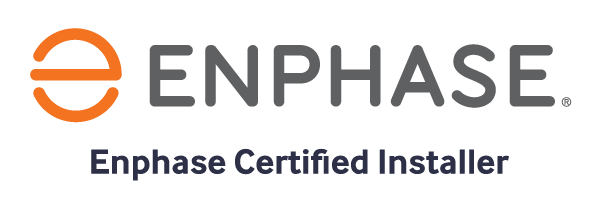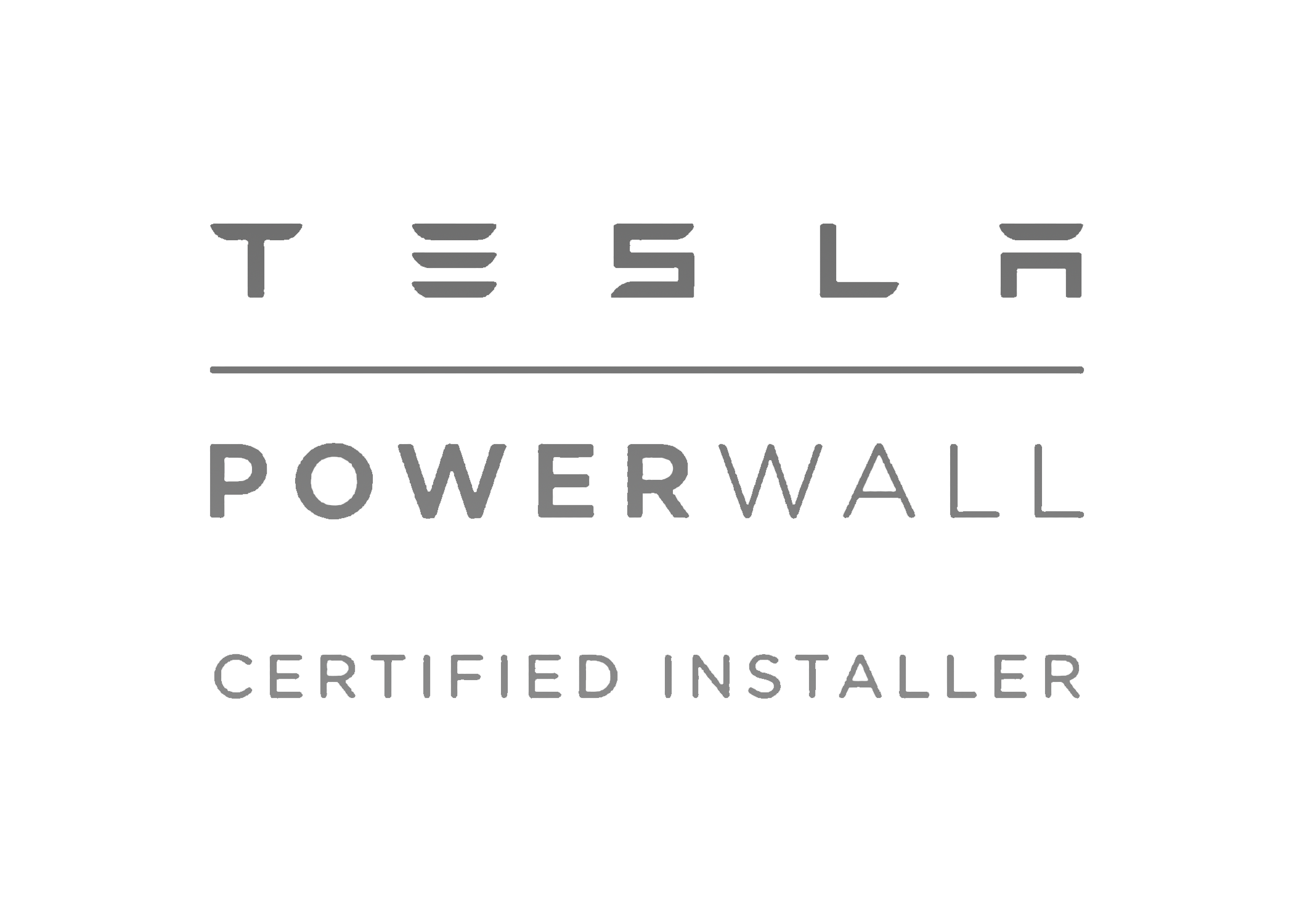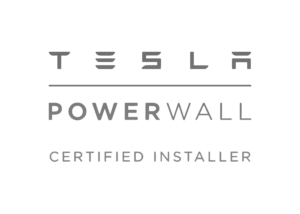
A Service You Can Trust!
Mayer is a leading holistic energy company committed to delivering innovative and sustainable energy solutions. With a focus on empowering communities and businesses, Mayer combines cutting-edge technology with unparalleled expertise to create a brighter, cleaner future. Trusted by clients for reliability and excellence, Mayer is redefining how energy powers the world.
✅ Smart & Sustainable Energy – We provide eco-friendly solutions that reduce costs and carbon footprints.
✅ Cutting-Edge Technology – Using the latest innovations, we ensure reliable and efficient energy systems.
✅ Trusted Expertise & Excellence – Known for quality and reliability, we empower clients with tailored energy solutions.
Certifications

Enphase Certified Installer
Our Enphase Certification ensures expertise in installing and maintaining Enphase microinverters, optimizing system performance for maximum efficiency and reliability.

NABCEP Board Certified
The NABCEP Certification is the gold standard in renewable energy, reflecting our commitment to excellence in solar installation, design, and best practices.

Tesla Powerwall Certified
As a Tesla Powerwall Certified installer, we provide seamless energy storage solutions, helping homeowners achieve greater energy independence and backup power security.

OSHA Certified
With OSHA Certification, we prioritize workplace safety, ensuring all installations meet rigorous safety standards to protect both our team and your property.

Leed Certified
Our LEED Certification highlights our dedication to sustainable, energy-efficient building practices, reducing environmental impact while maximizing energy savings.
We Work With The Best Partners
Mayer collaborates with industry-leading suppliers to ensure high-quality, efficient, and reliable energy solutions. These partnerships provide cutting-edge technology, durable materials, and innovative infrastructure, strengthening Mayer’s commitment to excellence and sustainability in every project.









Trusted Lending Partners






Energy Benefits
Energize Your Family, Lifestyle, and Savings!
Own Your Energy: Achieve energy independence. Enjoy uninterrupted power, even during outages and blackouts, creating a haven of comfort and security for your loved ones.
Save Money, Boost Home Value: Save money and increase home value with solar. Enjoy tax credits, reduced or eliminated energy bills, and added value to your property, all while making a positive environmental impact.
Contribute to a Greener World: Care for your family while nurturing a greener world. Support a cleaner atmosphere, protect biodiversity, and transition to a low-carbon, sustainable future together.
Future-Proof Energy: Embrace solar energy to address energy challenges head-on and for a greener lifestyle. Drive a lasting imprint on the world and nurture your family with energy companies’ expertise and innovation for a sustainable future.
Meet The Partners

Zak Kuzbari
CEO
Zak Kuzbari is a seasoned leader with a background in finance and consulting. Starting at Goldman Sachs, he refined his skills in quantitative analysis and process optimization, later advancing at McKinsey as an Engagement Manager, where he led large-scale transformations for Fortune 100 companies. Notably, he spearheaded a digital supply chain overhaul for an automotive giant, saving over $8 billion in three years. Now, as CEO of Mayer, Zak brings his expertise in strategy, finance, and mentorship to drive impactful change in the renewable energy sector.

Ousamah Farra
VP Of Business Development
Ousamah Farra, VP of Business Development at Mayer, combines expertise in strategy, technology, and growth. With experience at Deloitte, sports marketing, and leading multi-state healthcare expansion, he now drives innovation in renewable energy. Outside work, he enjoys sports, travel, and fatherhood.

Adam Rifai
VP Of Sales Operation
A proud Syrian-American from Oklahoma, raised in Texas, Adam Rifai is an expert in logistics, procurement, and strategic negotiations. With a diverse background in retail and healthcare expansion across 14 states, he now focuses on advancing renewable energy solutions for a more sustainable future

Amir Kuzbari
VP Of Sales
Amir S. Kuzbari, VP of Sales of Mayer, is a seasoned attorney and entrepreneur with expertise in real estate, corporate law, and business strategy. He has built and sold three companies, including a $100M+ healthcare business and multiple high-return real estate ventures. With deep industry relationships in energy, government projects, and finance, Amir focuses on advancing renewable solutions and strategic partnerships worldwide.

Ahmed Barakat
VP Of Operations
Ahmed Barakat, Mayer's Operations Lead, brings 12+ years of experience in Commercial & Industrial solar. Before joining in 2024, he led and managed 20MW+ of installs in various solar C&I divisions. Previously, he managed energy projects across the UAE with Enova by Veolia. Barakat holds a Master’s in Engineering Management and top industry certifications, including CEM, CFM, NABCEP PVIP, and LEED Green Associate

Step 1:
Book a
Consultation

Step 2:
Choose Your
Energy
System
Step 3:
It's Installation
Time with
Energy Expert
Contractors


Step 4:
Power On
and Start
Saving
Today!
Energy FAQs
Residential solar energy refers to the use of solar panels installed on residential properties to harness sunlight and convert it into electricity for powering homes.
Residential solar panels, also known as photovoltaic (PV) panels, contain cells made of semiconductor materials that convert sunlight into electricity. When sunlight hits the panels, it creates an electric current that can be used to power your home.
Installing residential solar panels offers several benefits, including:
Lower electricity bills and potential savings on energy costs.
Reduced reliance on grid power and increased energy independence.
Environmental friendliness with zero greenhouse gas emissions.
Increased property value and potential return on investment.
Long lifespan and low maintenance requirements.
In most cases, residential homes are suitable for solar panel installation. Factors such as roof orientation, available space, shading, and local regulations may affect the feasibility. A professional solar installer can assess your home and provide recommendations based on its suitability for solar panels.
The cost of residential solar panels can vary depending on factors such as system size, location, quality of panels, and installation costs. Prices have been decreasing over the years, making solar more affordable. It’s best to consult with a solar installer to get an accurate estimate based on your specific requirements.
In most cases, residential solar panels are installed on rooftops. However, the feasibility depends on factors like roof orientation, tilt, available space, shading, and local regulations. A professional solar installer can assess your roof and provide recommendations for solar panel installation.
Standard grid-tied solar systems do not operate during a power outage for safety reasons. However, with the addition of battery storage or a backup generator, you can have access to solar power during outages. These backup options can provide electricity for essential appliances or even power your entire home.
The electricity generation of residential solar panels depends on factors such as the size of the system, location, tilt, shading, and weather conditions. A solar installer can help you determine the appropriate system size based on your energy consumption and design a system that meets your needs.
If your residential solar panels generate more electricity than you use, the excess power is typically fed back into the grid. Depending on your location and utility company policies, you may receive credits for the excess electricity, known as net metering. These credits can offset future electricity bills.
Many governments offer financial incentives to promote residential solar installations, such as tax credits, rebates, or grants. Additionally, some utilities provide incentives or feed-in tariffs for excess electricity fed back into the grid. Check with local authorities or consult a solar installer to explore available incentives in your area.

